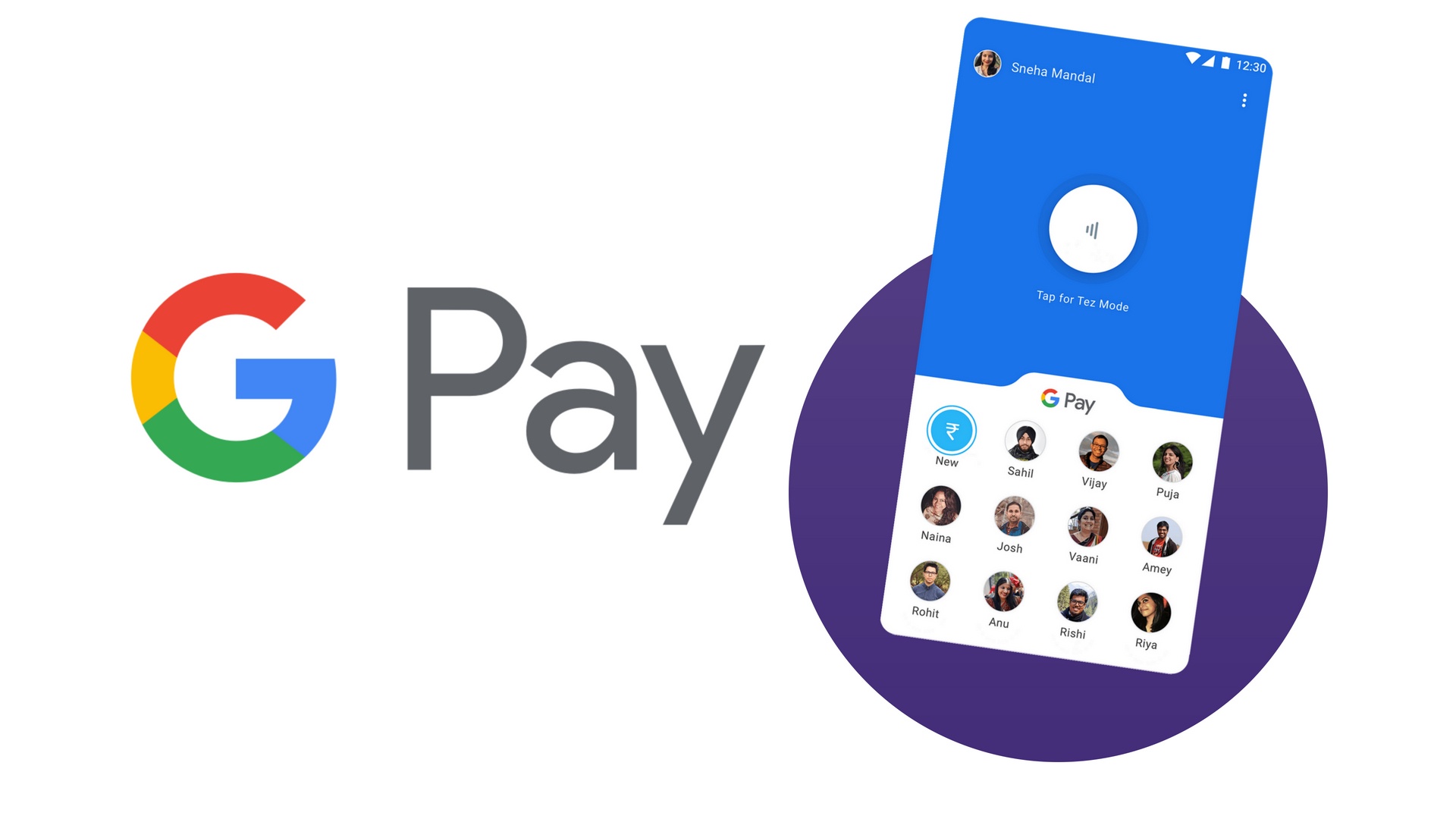Google Pay app is shutting down in the US
- February 24, 2024
- 0
In a recent update, Google announced that its standalone Google Pay app will be discontinued in the US on June 4, 2024, as part of its strategy to
In a recent update, Google announced that its standalone Google Pay app will be discontinued in the US on June 4, 2024, as part of its strategy to

In a recent update, Google announced that its standalone Google Pay app will be discontinued in the US on June 4, 2024, as part of its strategy to consolidate payment services. The move aims to streamline Google’s payment offerings by focusing on Google Wallet, which has a user base five times larger in 180 countries and has seen significant traction over Google Pay.
While Google Pay will be phased out as a standalone app in the US, it will continue to operate in Singapore and India, meeting the specific needs of those markets. Google emphasizes that this decision stems from its desire to simplify payment systems for both users and developers.
Despite the termination of the Google Pay program, its services will not disappear completely. Users in the US will still be able to access core Google Pay features such as payment management and in-store payments through Google Wallet. However, the ability to make peer-to-peer (P2P) payments, manage your balance directly in the app, and find offers and deals will be removed. As an alternative to finding deals and deals after the shutdown, Google recommends using the deals feature available in Google Search.
For those concerned about their Google Pay balance, you will be able to transfer money to a bank account via the Google Pay website after June 4, 2024.
This transition marks a new phase in the evolution of Google’s payment ecosystem, which started with Google Wallet in 2011 and has undergone several transformations through the launch of Android Pay in 2015 and the integration of these services into Google Pay in 2018. Now that Google Wallet has taken precedence, it covers a broader set of functionality beyond payments, including storing transportation cards, state IDs, driver’s licenses, and even virtual car keys, using new technologies like ultra-wideband (UWB) for better compatibility.
Source: Port Altele
As an experienced journalist and author, Mary has been reporting on the latest news and trends for over 5 years. With a passion for uncovering the stories behind the headlines, Mary has earned a reputation as a trusted voice in the world of journalism. Her writing style is insightful, engaging and thought-provoking, as she takes a deep dive into the most pressing issues of our time.